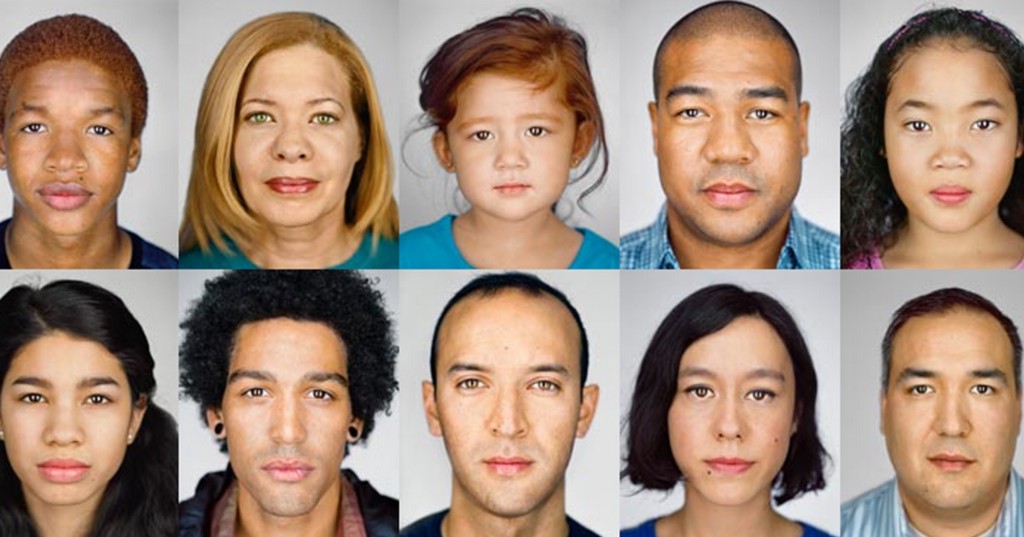Companies that promote racial equity — in the workplace, in product design, in governance — will gain a competitive advantage over their peers. By 2044, people of color will be the majority in the U.S. Wealth and other disparities along racial lines keep tens of millions from productively engaging in the economy.
The Competitive Advantage of Racial Equity, a new report from consulting firm FSG and research institute PolicyLink, calls the unlocking of that untapped economic potential “one of the biggest opportunities of our time for driving innovation and growth.” Consider:
- Supermarket chain ShopRite tapped a $250 million market with high-quality, fresh produce and other groceries for 250,000 people, mostly of color, in Philadelphia’s “food deserts.” The grocer introduced health clinics in its stores to provide more value to low-income customers.
- PayPal found a $3 billion market in small-business loans, one-quarter to borrowers in majority-minority counties. The online-payments company uses sales history instead of credit scores to assess credit risk. Repayment based on future sales reduces the borrowers’ risk of default.
- Venture capital firm DBL Partners has outperformed with investments in companies that create jobs in low-income communities and those that serve mostly minority customers, including career site The Muse.
Reconciling “rising diversity amidst persistent racial economic exclusion,” the report says, is the core business challenge facing U.S. companies.
Dive deeper. The W.K. Kellogg Foundation is curating a racial equity track at next week’s #SOCAP17, including: The Business Case for Racial Equity, The First Mile: Racial Equity in Capital Deployment, Formerly Incarcerated: Connecting Talent to Opportunity.












